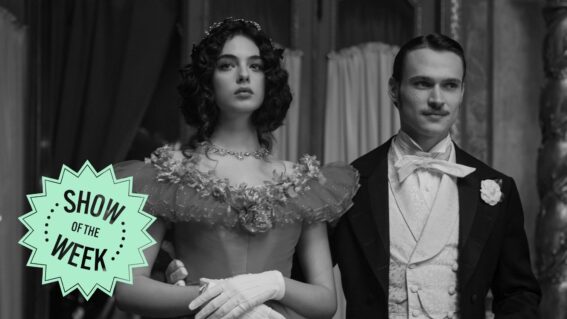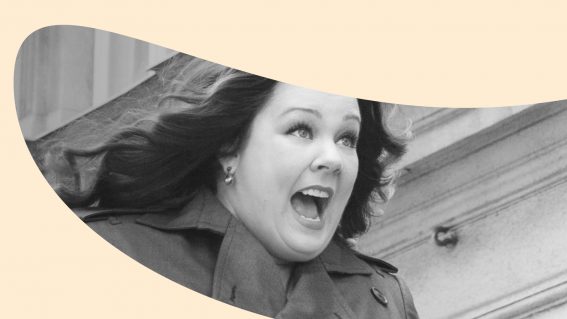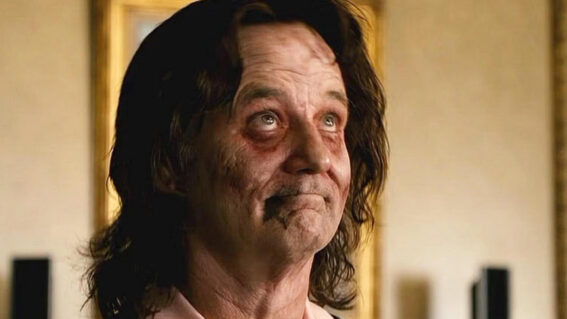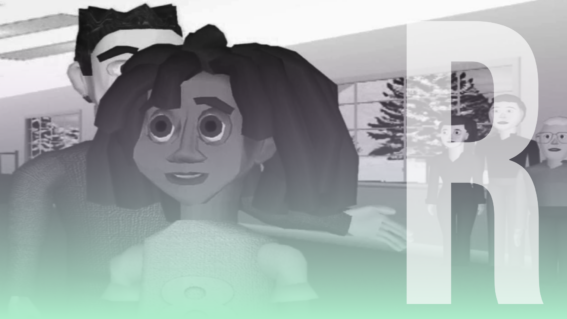Director Francis Lee on ‘God’s Own Country’ & LGBTQ+ Cinema’s Golden Year
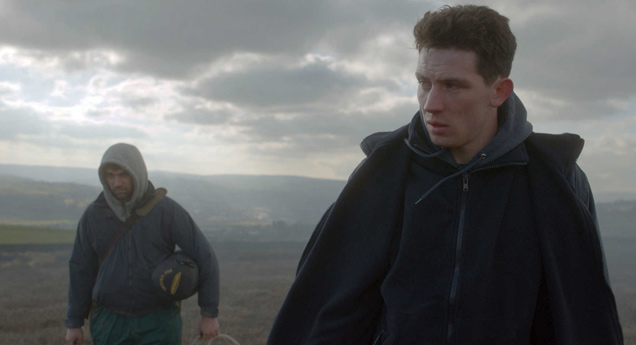
God’s Own Country is the most romantic film I’ve seen all year (you can read my 5-star review). The story follows a frustrated young man who feels stuck and isolated working on his father’s farm in a remote part of England. When a Romanian man is hired to help, things don’t get much better at first. But as they learn to work together to heal the land, it leaves the young man open and vulnerable to intimacy.
Flicks got to talk to the film’s Sundance-winning director, Francis Lee, about the story, the sex scenes, filming quickly, and the current state of LGBTQ+ cinema.
FLICKS: How long have you been conjuring up this story?
FRANCIS LEE: I guess I thought about it for six months before I wrote it – and I wrote it in 2013.
I write very quickly. I don’t like the process of typing. I’m a terrible typist. I only type with one finger, so I like to do it as quickly as possible. I use all the time thinking.
The actual typing of the script only took about four days. I don’t know how many drafts we then went through from that first draft until the shooting script. Maybe four, something like that. But again, I like to turn around drafts really quickly.
Through the process of shooting and editing, how much did the story change?
The script was very detailed and precise. I like being very detailed and precise. Every gesture, every movement, every glance was actually scripted in the script. When it came to editing, I shot the entire script. I didn’t drop a scene. I didn’t drop a shot. All the scenes worked really beautifully. There was nothing we had to cut around. There was nothing that didn’t work and the performances went great.
It became about a decision that the editor and myself made, which was about not repeating anything, not repeating any motion, not repeating a kind of state. We wanted the film to keep moving forward, so we lost about a third of it in the edit. It was just about refining it all the time and refining that story.
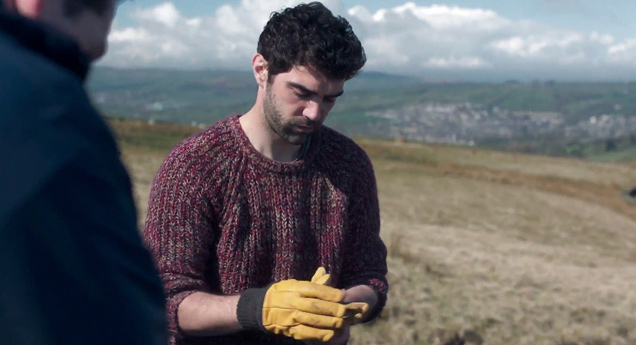
What inspired the story?
There were two things really, [the first being] the landscape.
I grew up on those hills in West Yorkshire, on the Pennines, in a very isolated place. I escaped when I was 20 and I moved to London to go to college. The whole time I was away from Yorkshire, I could never get that landscape out of my head. It seemed to have totally formed who I was physically and emotionally. It felt like a place that, in equal measures, was creative, and wild, and freeing, but also difficult, and brutal, and hard, and oppressive.
I was trying to work all that stuff out for years, so when it came to wanting to make a film, this being my first film, it felt a very natural place to go and explore that idea of landscape and what that means.
Also, I was figuring out probably the most difficult thing I’d ever done in my life, which was falling in love – making yourself vulnerable enough to love and be loved. Those two things kind of collided.
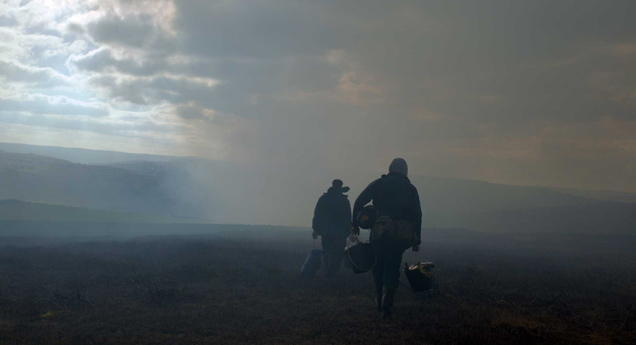
I think one of the things that’s going to really strike people are the sex scenes because so much is conveyed through them. How do you construct those scenes?
I used to be an actor and one of the things that I learned was the key relationship between the director and the actor. If you can build up that bond of trust and protection, then that allows an actor to be incredibly free and vulnerable in front of the camera.
It’s a super tough job, one that I’m very glad I don’t do anymore.
I built a very strong relationship with the two leading actors over months before we got to the shoot of building their characters. When it came to those scenes, and they were the only scenes we rehearsed, I choreographed it as a dance. They had moves that they had to hit; we just rehearsed and rehearsed and rehearsed very mechanically.
It was also super important that the crew who were working on the film were people that the boys felt very comfortable with. I always knew the camera was going to be very up close and personal with the boys, so the role of cinematographer (Joshua James Richards) – for me – was not only having somebody who’s an incredible artist in their own way, but also somebody who’s lovely, and the boys could build a relationship with them. Therefore, when it came to shooting those scenes, they would feel very comfortable with having them so close.
Practically, it’s always a good idea to shoot sex scenes first thing in the morning so the actors aren’t worrying about them all day. Also, I did very few takes, shot them very quickly.
Seems like you do everything quickly in filmmaking.
Yeah. You’re very right. I don’t like hanging around.
Most of the film is shot in one or two takes. I don’t like doing lots of takes in the setups. For me, it’s all about preparation. That’s why I worked for three months with both of the boys on their characters, so by the time they came to set, they were totally immersed with who they are, what they want, what’s preventing them getting what they want so that they build these incredible three-dimensional characters that they knew everything about.
When it comes to shooting, we can then work quickly, same with the cinematographer. I worked with him for four months before the shoot. We built this whole idea of having a set of rules about how the camera moved and why. When it came to shooting, we would just stick to those rules, and then we would be able to work very quickly.
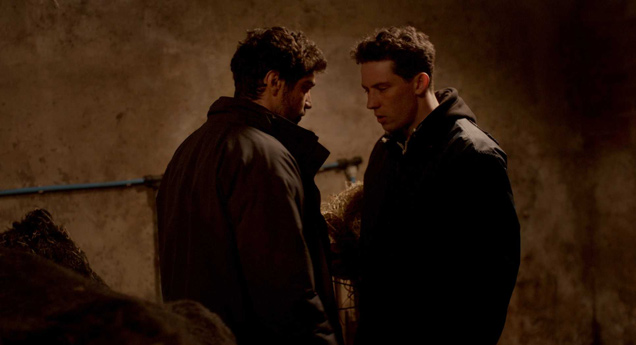
How did you build a relationship with your editor?
Chris Wyatt, who is incredible, moved to Yorkshire so we could edit in Yorkshire. We bought an edit suite for him, ten minutes down the road from where I live on the hill. We built a relationship up during the shoot.
I was not a director who was going to go every day and watch rushes. I could see what I was doing on the monitor, in the camera. I could see the performances. But every day, I would call him, and we would talk about what we’d shot the day before and what was working. Very quickly, we built up a rapport and an idea of we were both making the same film.
In the actual edit, I would sit there all day with him and go through it.
What are your thoughts on the current state of LGBTQ+ cinema?
I think this is a golden year. We premiered at Sundance with another great LGBTQ film, Call Me by Your Name, and then went to Berlin. We were there with – again – Call Me by Your Name and A Fantastic Woman. There’s also an incredible American indie film called Beach Rats that was at Sundance.
I think it feels like a year when lots of different aspects of LGBTQ stories are being highlighted in films that are being respected as great films – not niche. It feels like hopefully, they’re not going to be niche films.
In my experience of touring with this film, the audience is incredibly diverse. People are responding, whatever gender they are, age, sexual orientation, race. People are really responding to the story and the characters, not necessarily the sexuality of those characters. And that feels very gratifying.
Times & Locations for ‘God’s Own Country’





